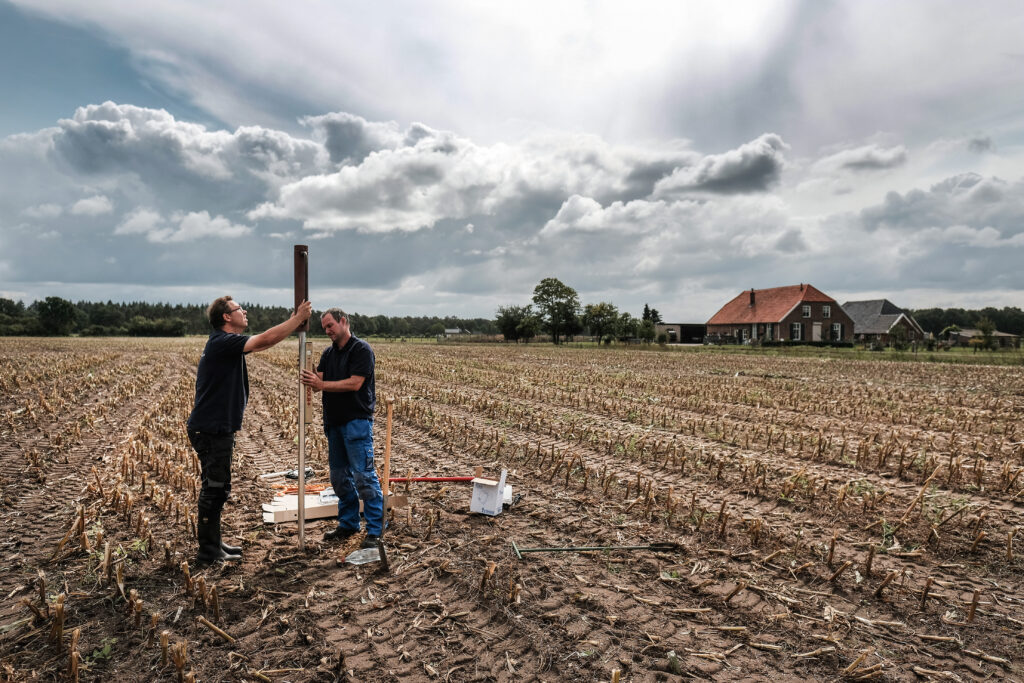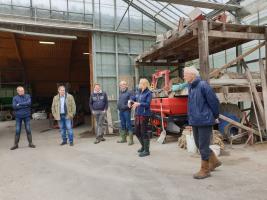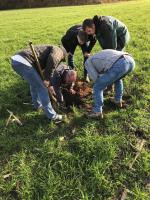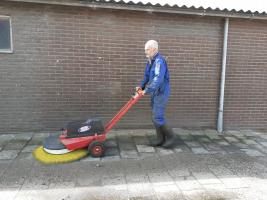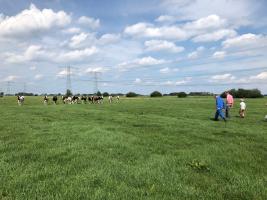What is the Task force Agricultural Water Management (Deltaplan Agrarisch Waterbeheer – DAW)?
In the Netherlands agricultural entrepreneurs, public bodies and water managers work closely together in the Task force Agricultural Water Management (Deltaplan Agrarisch Waterbeheer – DAW). But what precisely is the DAW? In 2013 the Dutch agricultural and horticultural organisation (LTO Nederland) and the Union of Water Boards (Dutch regional water authorities) decided to join forces in the reduction of emissions from farms to water. At the initiative of LTO Nederland the agricultural sector has taken its responsibility by contributing to the challenges in the field of water quality and quantity (the water challenges). In addition to the water boards, the provinces (Dutch regional public bodies) and drinking water companies have joined this initiative over the years, as well as the Ministries of Infrastructure & Water Management and Agriculture, Nature & Food Quality.
What does the DAW focus on?
The DAW targets the water challenges of farmers. Weather patterns are becoming more extreme, periods of flooding and prolonged drought will happen more often, which will influence agricultural management. In addition, leaching and run-off of manure (nutrients) and plant protection products (PPPs) to groundwater and surface water occur at agricultural holdings. According to the EU Water Framework Directive and EU Nitrates Directive the agricultural sector is also obliged to implement measures for water quality.
Besides promoting the water quality, the DAW also focuses on the improvement of soil quality and the reduction of desiccation, flooding / waterlogging and soil subsidence. The DAW mainly operates through area planning processes and transfer of knowledge, (in this way) reaching many farmers and gardeners.

